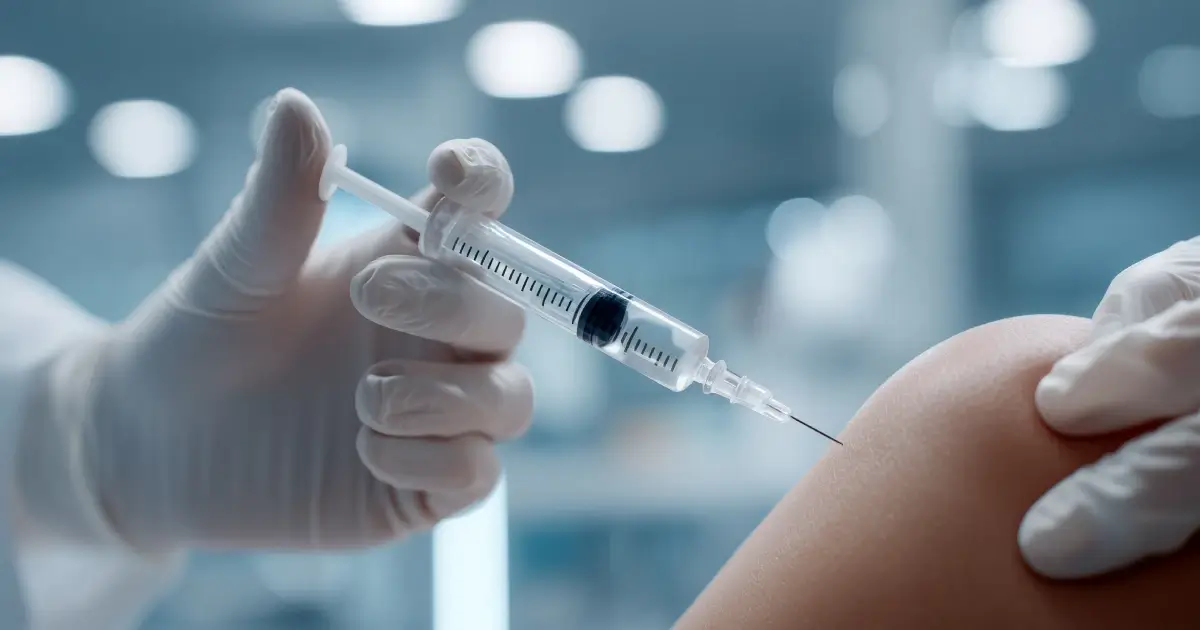Have you ever wondered how cannabis works in medicine? It’s not just a topic for scientists or doctors; understanding its medical use can be valuable for anyone curious about health and wellness.
In this article, we’re going to look at the nuts and bolts of how cannabis functions medically. Whether you’re considering it for personal use or want to know more, this straightforward guide will give you a clear picture of cannabis in the medical world.
Understanding the Components of Cannabis
Let’s start by breaking down what’s in cannabis. The plant contains substances called cannabinoids, with THC (tetrahydrocannabinol) and CBD (cannabidiol) being the most well-known.
THC is what gets you “high,” but CBD doesn’t have this effect. These compounds interact with your body’s endocannabinoid system, which helps keep your body balanced and running smoothly. This interaction is where the medical magic starts.
Cannabis and Pain Management
Pain relief is one of the most common reasons people turn to medical cannabis. But how does it work? When cannabis enters your body, its cannabinoids can reduce pain signals in the brain.
This effect can be a game-changer for people dealing with chronic pain, where traditional painkillers might not be enough or their side effects are too much to handle.
Cannabis for Anxiety and Depression
Mental health is just as important as physical health, and cannabis has a role to play here, too. For those struggling with anxiety or depression, cannabis, particularly CBD, can be a soothing presence.
It doesn’t work the same for everyone, but many find that it helps calm their minds, reduces anxiety symptoms, and lifts their mood. Think of it as a potential tool in your mental health toolkit.
Cannabis in Treating Epilepsy
One of the most significant medical breakthroughs for cannabis has been in treating certain types of epilepsy. Specifically, CBD has shown promise in reducing the frequency and severity of seizures, especially in some rare forms of childhood epilepsy. This has been a big deal for patients who hadn’t responded well to other treatments.
Cannabis and Cancer-Related Symptoms
For those going through cancer treatment, cannabis can offer some comfort. It’s known to help with nausea and vomiting caused by chemotherapy. Plus, it might stimulate appetite, which can help when treatment affects how much you feel like eating.
Our Treatments at Philly Med Club
At Philly Med Club, we understand that each patient has unique needs and concerns regarding medical treatments. With medical marijuana emerging as a versatile and effective treatment for various conditions, we focus on how it can be tailored to support your health journey. Let’s explore the diverse ways medical marijuana can contribute to your well-being.
Pain Relief
For those battling chronic pain, medical marijuana can be a game-changer. Conditions like arthritis, multiple sclerosis, and neuropathic pain can significantly impact your quality of life. The cannabinoids in marijuana, especially THC and CBD, are known for their pain-relieving properties, offering a safer alternative to opioids for many patients.
Muscle Spasm Control
Are you struggling with muscle spasms or tremors? Medical marijuana might offer relief. It’s been effective for conditions like multiple sclerosis, Parkinson’s disease, and spinal cord injuries, helping to reduce these involuntary movements.
Nausea and Vomiting Reduction
Undergoing chemotherapy or living with conditions like HIV/AIDS can lead to challenging side effects like nausea and vomiting. Marijuana can be a soothing presence here, helping you maintain your appetite and prevent weight loss.
Neuroprotective Properties
Emerging research suggests that the cannabinoids in marijuana might protect the brain from damage associated with conditions like Alzheimer’s, Parkinson’s disease, and stroke. While this area still needs more study, the potential is promising.
Anti-Inflammatory Effects
Cannabis isn’t just about managing symptoms; it also has anti-inflammatory properties, especially from compounds like CBD. This can be particularly beneficial for inflammation-related conditions like arthritis, inflammatory bowel disease, and Crohn’s disease.
Epilepsy Management
For certain forms of epilepsy, particularly those resistant to traditional drugs, medical marijuana has shown promise in reducing seizure frequency and severity.
Mental Health Disorders
Individuals with anxiety and PTSD have found relief with medical cannabis. CBD, in particular, is being explored for its potential to ease anxiety and depression.
Glaucoma Treatment
Marijuana can reduce intraocular pressure, a key factor in glaucoma. However, this effect is temporary and often used alongside other long-term treatments.
Additional Conditions Treated
Our clinic also addresses a range of other conditions with medical marijuana, including Lou Gehrig’s Disease (ALS), severe anxiety, autism spectrum disorder, various forms of cancer (including post-remission care), persistent hepatitis C, Crohn’s disease, and disorders causing dyskinetic or spastic movements.
Each patient’s experience with medical marijuana can differ based on the individual, their specific condition, and the cannabis strain or formulation used. We stress the importance of using medical marijuana under the guidance of a healthcare professional who is knowledgeable in this field.
To discover more about how medical marijuana can be part of your treatment plan and to explore additional conditions we treat, we invite you to dive deeper into our website. We’re here to discuss all available treatment options and how medical marijuana can be uniquely integrated into your care.
Potential Risks and Considerations
While cannabis can be beneficial, it’s not without risks. It can interact with other medications, and not everyone reacts similarly. It’s crucial to talk with a healthcare professional before starting any treatment with cannabis, especially if you have health conditions or are taking other medications.
What We Say
Cannabis has a growing role in the medical offering relief and hope where traditional treatments may fall short. But like any medical treatment, it’s important to approach it with knowledge and caution. If you’re considering cannabis for medical purposes, remember that it’s not a one-size-fits-all solution.
Everyone’s body reacts differently, so it’s essential to find what works best for you, ideally under the guidance of a healthcare professional. Understanding how cannabis works medically opens up new avenues for treatment and wellness. Suppose you’re intrigued by the potential benefits of medical cannabis and want to explore this option further.
Book Your Appointment
In that case, having a detailed conversation with a healthcare expert is a good idea. For personalized guidance and to learn more about how cannabis might fit into your health plan, consider booking an appointment with us at Philly Med Club. We’re here to help you navigate this new and promising path in healthcare.






